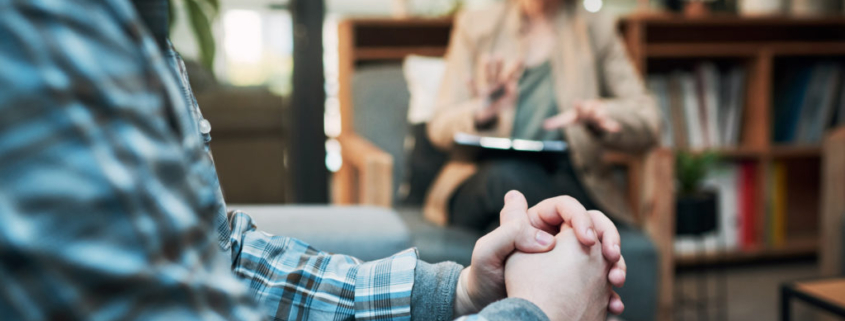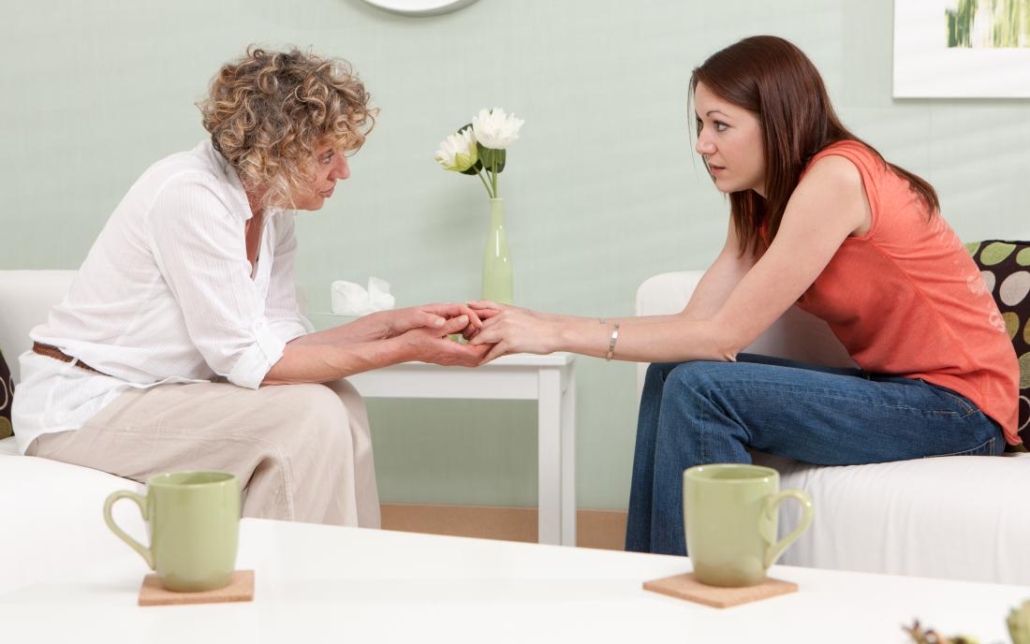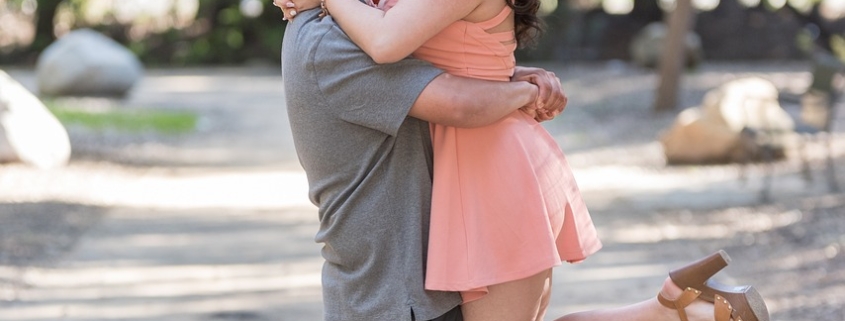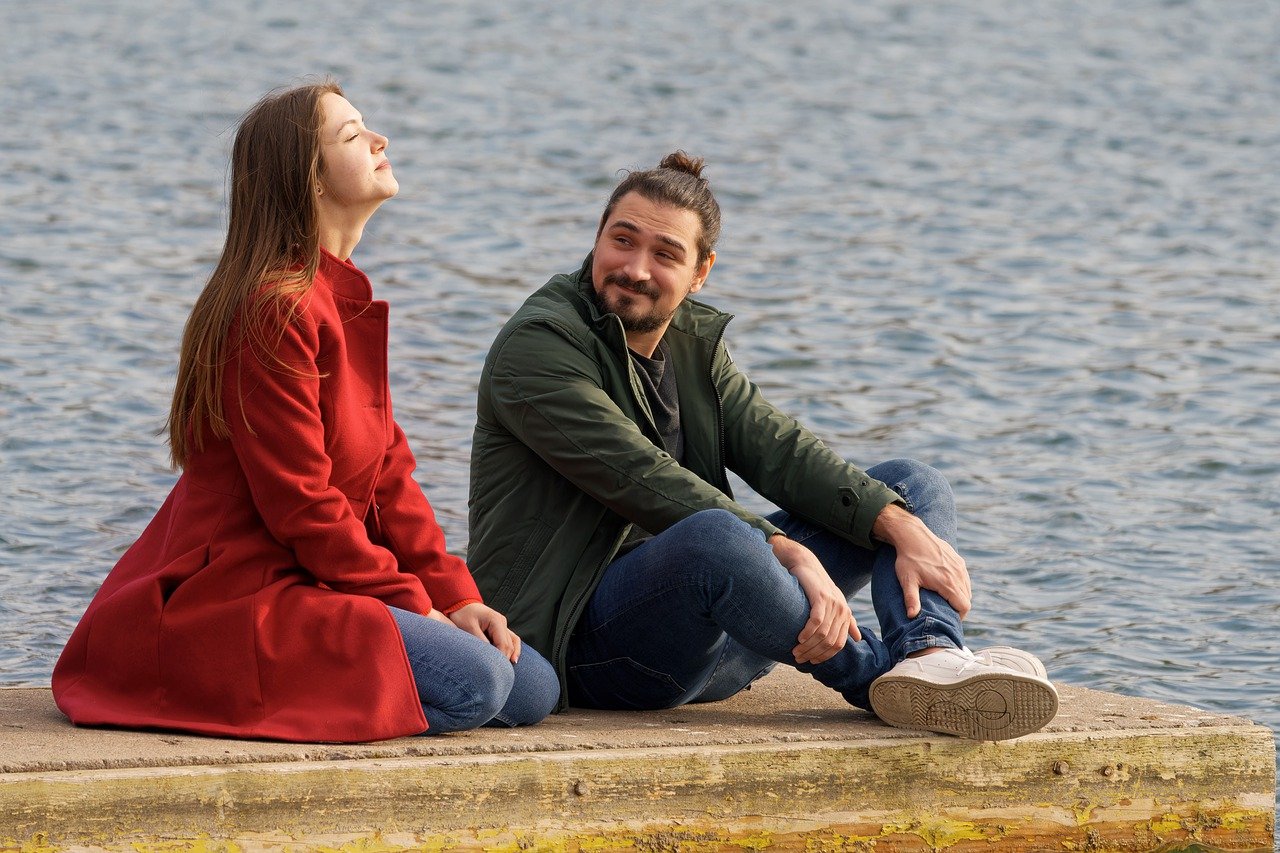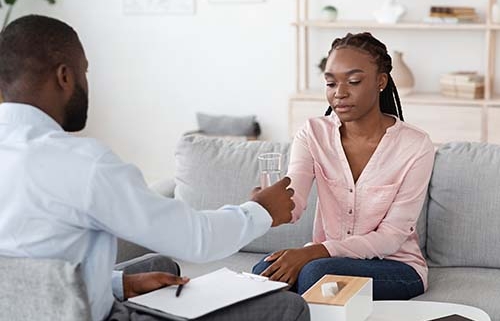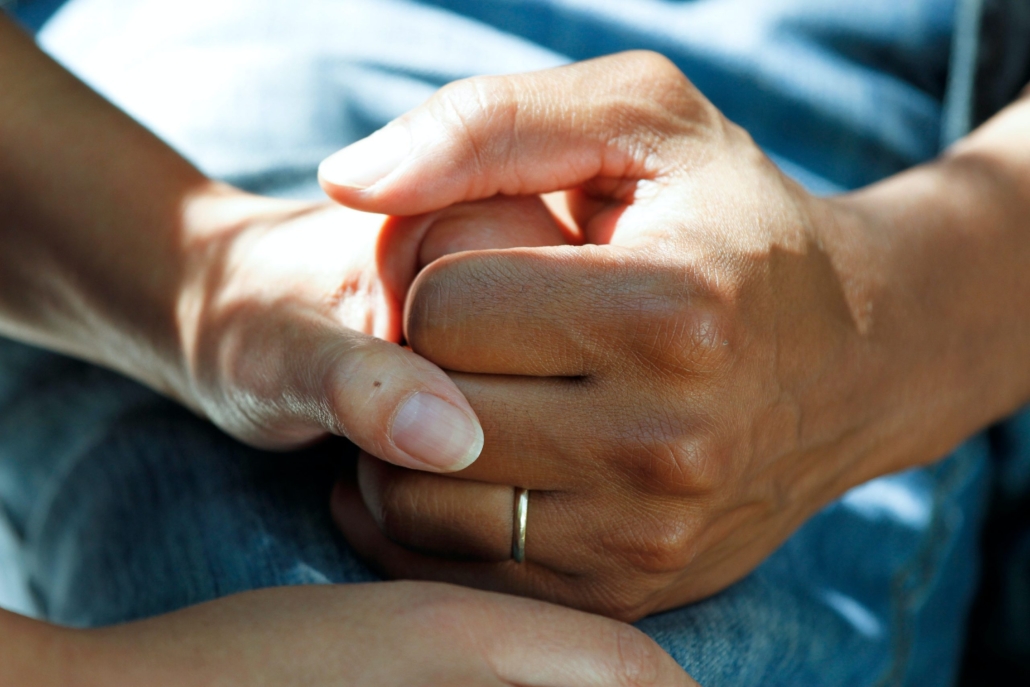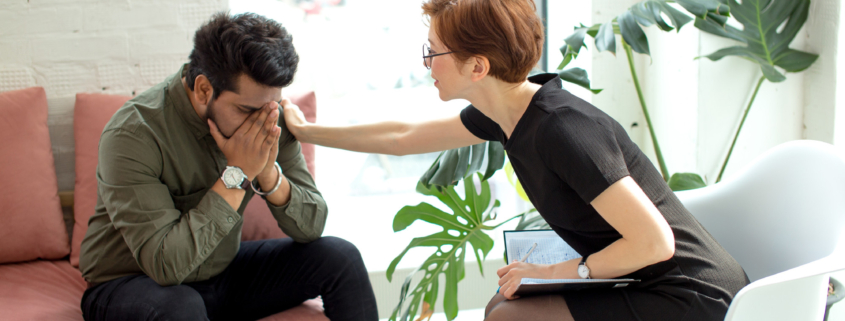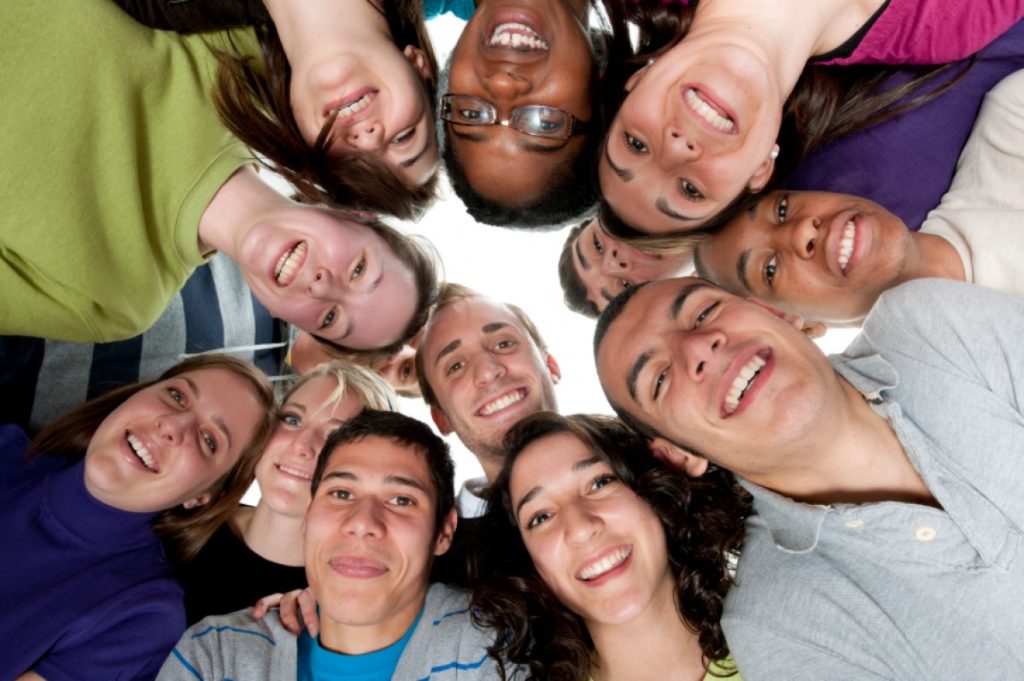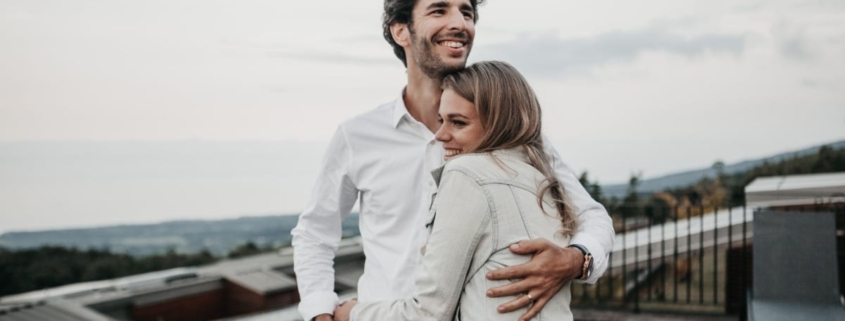When couples face addiction, the road to recovery can seem daunting, but the journey becomes more manageable with the right support system. Couples Rehab in Orange County is uniquely positioned to help couples navigate the complexities of addiction and recovery, offering comprehensive programs that emphasize the critical role of family in healing and rebuilding lives. This article explores the transformative power of couples-focused rehabilitation and how family dynamics influence the recovery process.
The Importance of Couples Rehab in Addiction Recovery
Addiction doesn’t just affect the individual—it impacts relationships, families, and entire support systems. For couples struggling with substance use, the challenges can be even more complex. Substance abuse often creates or exacerbates communication breakdowns, trust issues, and emotional distance. Couples Rehab in Orange County addresses these dynamics by offering tailored programs that focus on healing both individuals and their relationships.
What Sets Couples Rehab Apart
Couples rehab programs are designed to:
- Foster Mutual Support: Recovery is more sustainable when couples work together toward sobriety. These programs encourage mutual accountability and emotional support.
- Strengthen Communication: Addiction often disrupts healthy communication. Through therapy, couples learn to express their needs and concerns constructively.
- Address Underlying Issues: Whether rooted in trauma, co-dependency, or other factors, the underlying causes of addiction are addressed to prevent relapse.
- Promote Healthy Relationship Dynamics: Couples rehab focuses on rebuilding trust and fostering intimacy, which are crucial for long-term success.
At Couples Rehab in Orange County, programs combine evidence-based treatments with holistic therapies, ensuring a well-rounded approach to recovery.
The Role of Family in Recovery
Family plays a pivotal role in the recovery process, especially for couples. Addiction often strains familial relationships, creating cycles of blame, shame, and misunderstanding. However, when family members are involved in the recovery journey, they can provide the emotional support necessary for sustained sobriety.
Family as a Support System
Research shows that individuals are more likely to maintain long-term sobriety when their families are actively involved in the recovery process. At Couples Rehab in Orange County, family involvement is encouraged through:
- Family Therapy Sessions: These sessions provide a safe space for open dialogue, helping families understand the nature of addiction and how to support their loved ones effectively.
- Educational Workshops: Families learn about triggers, coping mechanisms, and relapse prevention strategies to foster a supportive environment.
- Boundaries and Accountability: Family members are guided on how to set healthy boundaries while remaining supportive.
By addressing these dynamics, families can move from being enablers or critics to allies in the recovery process.
Services Offered by Couples Rehab in Orange County
Couples Rehab in Orange County offers a wide range of services tailored to meet the unique needs of couples and their families. These include:
Individualized Treatment Plans
Every couple’s journey is different. Treatment plans are customized to address the specific challenges and goals of each partnership, ensuring a personalized approach to recovery.
Detox Services
The detox process is often the first step in recovery. Couples Rehab in Orange County provides medically supervised detox programs to ensure safety and comfort during withdrawal.
Dual Diagnosis Treatment
Many individuals struggling with addiction also face mental health challenges. Dual diagnosis treatment addresses both issues simultaneously, promoting holistic healing.
Couple-Specific Therapy
Therapy sessions designed for couples focus on rebuilding trust, improving communication, and creating a shared vision for the future.
Family Counseling and Support
As mentioned, family involvement is a cornerstone of the programs offered at Couples Rehab in Orange County. Family counseling helps repair relationships and equips loved ones with tools to support recovery.
Aftercare Planning
Recovery doesn’t end after rehab. Aftercare services, including support groups and ongoing therapy, ensure that couples have the resources they need to maintain sobriety.
How Family Dynamics Impact Recovery
Family dynamics can either hinder or facilitate recovery. By examining common patterns and challenges, we can better understand their role in addiction and healing.
Enabling vs. Supporting
One of the most significant challenges families face is distinguishing between enabling and supporting. Enabling behaviors—such as covering up for a loved one’s addiction or providing financial support without accountability—can perpetuate the cycle of addiction.
At Couples Rehab in Orange County, families are educated on the difference between enabling and supporting, empowering them to encourage positive change.
Breaking the Cycle of Co-Dependency
Co-dependency is a common issue in relationships affected by addiction. In such dynamics, one partner often enables the other’s behavior, sacrificing their own needs in the process. Couples therapy at Couples Rehab helps break this cycle, fostering healthier interactions and mutual respect.
Rebuilding Trust
Addiction often erodes trust, creating a barrier to recovery. Rebuilding trust takes time and effort, but it’s a crucial component of healing. Therapy sessions at Couples Rehab in Orange County provide tools for open communication and trust-building.
The Benefits of Choosing Couples Rehab in Orange County
Orange County offers a serene and supportive environment for recovery, making it an ideal location for couples rehab. Here’s why Couples Rehab in Orange County stands out:
- Tranquil Setting: The natural beauty of Orange County creates a calming atmosphere, helping couples focus on their recovery journey.
- Expert Staff: The team includes licensed therapists, addiction specialists, and medical professionals dedicated to providing compassionate care.
- Comprehensive Programs: From detox to aftercare, every stage of recovery is covered, ensuring a seamless and supportive experience.
- Local Accessibility: For those in Southern California, the proximity of Couples Rehab in Orange County allows for family involvement without the stress of long-distance travel.
Family Healing: A Path to a Brighter Future
The journey to recovery is as much about healing relationships as it is about overcoming addiction. At Couples Rehab in Orange County, the emphasis on family involvement ensures that the entire support system grows stronger together.
Creating a New Normal
Recovery isn’t just about abstaining from substances—it’s about creating a healthier, more fulfilling life. By involving families in the process, Couples Rehab helps clients establish new routines, rebuild trust, and foster meaningful connections.

Tools for Lasting Change
Educational workshops, therapy sessions, and aftercare planning equip couples and families with the tools they need to maintain long-term sobriety. These resources empower clients to face challenges with resilience and confidence.
Frequently Asked Questions (FAQs) About Couples Rehab and the Role of Family in Recovery
1. What is couples rehab, and how does it differ from traditional rehab programs?
Couples rehab is a specialized form of addiction treatment designed for partners struggling with substance abuse. Unlike traditional rehab programs, couples rehab focuses on addressing the dynamics of the relationship alongside individual recovery. Programs at Couples Rehab in Orange County include couple-specific therapy, communication improvement strategies, and mutual support systems, ensuring both individuals and their partnership heal together.
2. Why is family involvement important in addiction recovery?
Family involvement plays a critical role in addiction recovery by providing emotional support, accountability, and a stable environment for healing. At Couples Rehab in Orange County, family therapy sessions help repair strained relationships, educate loved ones about addiction, and teach them how to foster a supportive and healthy recovery environment.
3. What services does Couples Rehab in Orange County offer?
Couples Rehab in Orange County provides a range of services, including:
- Medically supervised detox
- Dual diagnosis treatment
- Couple-specific therapy
- Family counseling and education
- Relapse prevention planning
- Aftercare services
These comprehensive offerings ensure that both individuals and their relationships receive the care they need to thrive in recovery.
4. How does couples therapy help in addiction recovery?
Couples therapy focuses on improving communication, rebuilding trust, and addressing relationship issues exacerbated by addiction. It helps partners work together to support each other’s recovery journey. At Couples Rehab in Orange County, licensed therapists guide couples through structured sessions to identify triggers, resolve conflicts, and develop healthy coping mechanisms.
5. Can family therapy help prevent relapse?
Yes, family therapy can play a significant role in relapse prevention. By addressing unhealthy dynamics and teaching families how to provide positive reinforcement, therapy creates a supportive environment that reduces the risk of relapse. At Couples Rehab in Orange County, families learn about triggers, boundaries, and relapse prevention strategies to help their loved ones stay on track.
6. What is dual diagnosis, and why is it important in couples rehab?
Dual diagnosis refers to the simultaneous treatment of addiction and co-occurring mental health disorders, such as anxiety, depression, or PTSD. Addressing both issues is essential for long-term recovery. Couples Rehab in Orange County offers dual diagnosis treatment to ensure that clients receive comprehensive care tailored to their individual needs.
7. What role does communication play in couples rehab?
Effective communication is vital for rebuilding trust and fostering a healthy relationship during recovery. Addiction often disrupts communication, leading to misunderstandings and conflicts. Couples therapy at Couples Rehab in Orange County focuses on teaching partners how to express their feelings, set boundaries, and resolve conflicts constructively.
8. Is couples rehab effective for both partners, even if one is less committed?
Yes, couples rehab can still be effective even if one partner is initially less committed. Through therapy and counseling, both individuals can explore their motivations for recovery and develop a shared commitment to sobriety. At Couples Rehab in Orange County, therapists work with both partners to build trust and encourage mutual accountability.
9. What happens after completing couples rehab?
After completing rehab, couples transition to aftercare programs designed to support long-term sobriety. These programs include ongoing therapy, support groups, and relapse prevention planning. Couples Rehab in Orange County ensures clients have access to resources that promote continued growth and recovery beyond the initial treatment phase.
10. Why choose Couples Rehab in Orange County for addiction recovery?
Couples Rehab in Orange County stands out for its tailored approach to treating addiction within relationships. With experienced staff, a tranquil setting, and a strong focus on family involvement, the facility provides comprehensive care for couples seeking a fresh start. Its programs address both individual needs and relationship dynamics, ensuring holistic and lasting recovery.
Conclusion
Addiction recovery is a challenging but deeply rewarding journey, especially when couples and families work together. Couples Rehab in Orange County provides the expertise, resources, and compassionate care needed to navigate this process successfully. By emphasizing the role of family in recovery, the program helps create a foundation for lasting change and stronger relationships.
For couples seeking a fresh start and a supportive environment to heal, Couples Rehab in Orange County is the partner in recovery they need. Together, we can overcome addiction, rebuild trust, and look forward to a brighter, healthier future.


